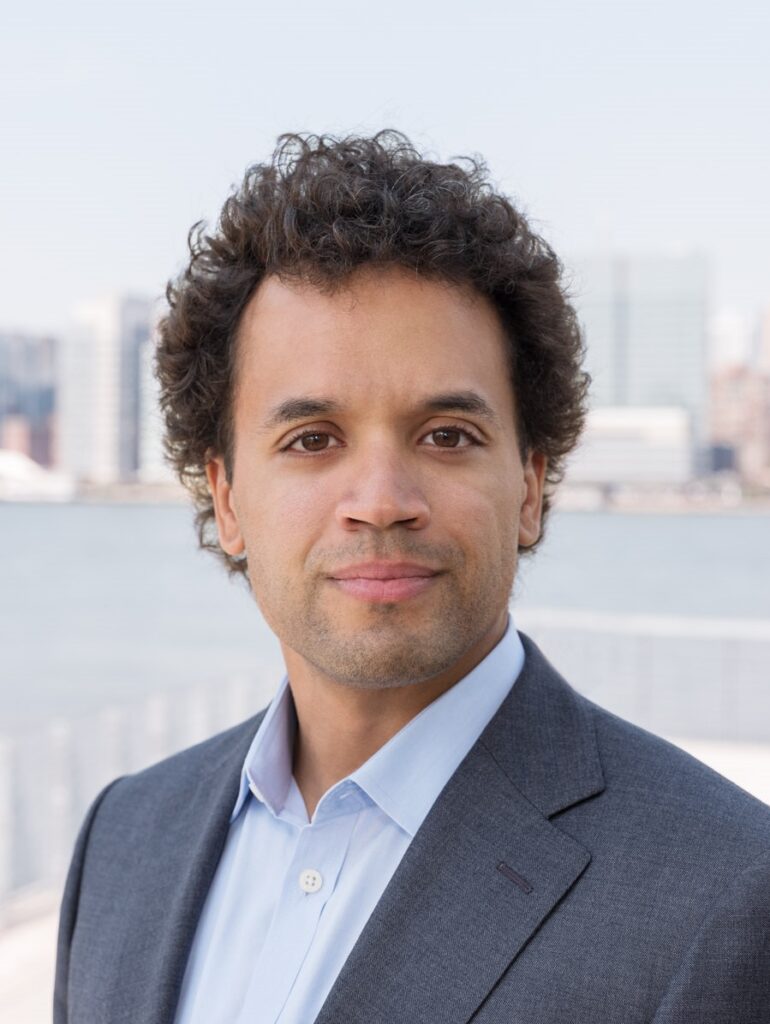Please join us on September 17, 2024 for a lecture by Jacob Faber, Associate Professor of Sociology and Public Service in New York University’s Robert F. Wagner School of Public Service, with a joint appointment in NYU’s Sociology Department. Professor Faber’s talk will focus on the role of inequality across lending institutions in contributing to racial discrimination in mortgage lending.
This talk is part of a symposium series presented by the UC Berkeley Computational Research for Equity in the Legal System Training Program (CRELS), which trains doctoral students representing a variety of degree programs and expertise areas in the social sciences, computer science and statistics.
Co-sponsored by the Berkeley Institute for Data Science (BIDS) and the Department of Sociology. This event will be presented in-person and will not be livestreamed.
Abstract
A rich, multidisciplinary literature has established wide racial disparities in access to home mortgage finance. This paper leverages data on over 28 million mortgage applications submitted between 2007 and 2022 to investigate the intersecting roles of segregation across geographies and segregation across lending institutions in shaping these disparities. While the literature has largely focused on spatial inequality as a driver of racial inequalities in mortgage approval rates, my results suggest that inequality across lending institutions may be an even more important contributor.
About the Speaker
Jacob William Faber is an Associate Professor of Sociology and Public Service in New York University’s Robert F. Wagner School of Public Service and holds a joint appointment in NYU’s Sociology Department. He is also a co-founder of the Redlining Lab. His research and teaching focuses on spatial inequality. He leverages observational and experimental methods to study the mechanisms responsible for sorting individuals across space and how the distributions of people by race and class interact with political, social, and ecological systems to create and sustain economic disparities. While there is a rich literature exploring the geography of opportunity, there remain many unsettled questions about the causes of segregation and its effects on the residents of urban ghettos, wealthy suburbs, and the diverse set of places in between.
His scholarship highlights the rapidly-changing roles of numerous institutional actors (e.g. mortgage lenders, real estate agents, check cashing outlets, and police officers) in facilitating the reproduction of racial and spatial inequality. Through investigation of several aspects of American life, he demonstrates that a pattern of “institutional marginalization” emerges as a powerful mechanism connecting segregation to socioeconomic disadvantage. His work has been published in American Sociological Review, Annual Review of Sociology, Proceedings of the National Academy of Sciences, Demography, Social Forces, Housing Policy Debate, and other prominent journals.
Professor Faber’s scholarship has received recognition from several organizations, including the American Sociological Association (ASA), Association for Public Policy Analysis & Management (APPAM), Association of Black Sociologists (ABS), Integrated Public Use Microdata Series (IPUMS), and Society for the Advancement of Socio-Economics (SASE). He was named co-winner of the 2021 Michael Harrington Award from the Society for the Study of Social Problems for his scholarship on segregation and his engagement with policy makers to ameliorate its effects. In 2020, Professor Faber won NYU’s Making a Difference Award for his research and teaching on the hidden and unsettled causes of segregation by race. In 2018, he was named NYU Wagner’s Professor of the Year and won the Equity, Diversity, and Inclusion Research Prize.
Dr. Faber earned his PhD in Sociology from New York University and worked as a Postdoctoral Research Associate in the Department of Sociology at Princeton University. He also graduated from the Massachusetts Institute of Technology with Master’s degrees in Telecommunications Policy and Urban Studies and Planning and a Bachelor’s degree in Management Science. Between stints at graduate school, Dr. Faber worked as a Senior Researcher for the Center for Social Inclusion, a racial justice policy advocacy organization.
View Map